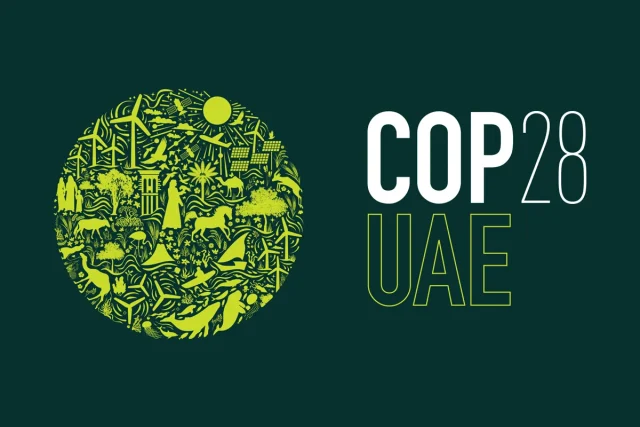
COP28, the United Nations Conference on Climate Change, was held in Dubai from 30 November to 12 December 2023. An event that brings together all the Heads of Government in the world – or at least the majority of them – united by the desire to find concrete political answers to a problem that is increasingly felt worldwide.
Climate change is one of the main sources of discussion both at a generational and political-economic level. The very choice to gather in Dubai also caused a stir among many environmental activists: it is in fact no mystery that the United Arab Emirates is among the main producers of oil, one of the fossil sources that more than others has contributed to climate change over the decades.
If for environmentalists this may seem like full-blown greenwashing, there is also a series of geopolitical factors to evaluate: the countries of the BRICS group are the producers of 64% of coal, 48% of oil, and 36% of natural gas worldwide. The BRICS are also responsible for 53% of CO2 emissions worldwide, so it is clear that they want to take on the climate challenge as their own in order to give a technological and productive boost to their entire alternative system to the West.
However, we cannot think of solving everything with a total conversion from fossil fuels to electricity: around a fifth of the world’s lithium comes from China, Argentina, and Brazil, so a conversion to batteries would lead to further strengthening of these countries. We need a strategic and generational vision to overcome these obstacles.
Here the Youth4Climate initiative acquires a completely different value, which started in May 2022 from the collaboration between the Italian Government and the United Nations Development Programme, which saw around 130 young people representing 60 countries in Rome last October sharing solutions to the climate crisis starting from precise ideas. Educational programs to move on to energy without forgetting the productive world, with new production systems in the agricultural and food sector, or by intervening more concretely on urban sustainability.
“The key to implementing innovative projects and creating stable partnerships is linked to collaboration in defining processes. We worked with young people, we listened to their priorities and together we built a path that led us to launch an accessible and inclusive financial instrument to transform their ideas into tangible realities” states Gilberto Pichetto Fratin (FI, PPE), Minister of the Environment in the Meloni Government, which more than others has grasped the point of the COP28 challenge, namely the cooperation between young people and institutions to respond more precisely to the challenges of the future.

A desire, of the Italian Government, made manifest by having wanted a delegation from the National Youth Council in the Italian delegation at COP28, demonstrating how a sustainable future passes through many small needs, such as greater involvement of young people.
In addition to the youth role, however, we must also underline the role of conservatives: as the Italian Prime Minister Giorgia Meloni (FdI, ECR) recalled, in fact, Italy – like most European countries – is doing its part in the process of decarbonization, but this process must be managed with a principle of ecological transition, i.e. by developing technologies that allow economic and social growth rates to be maintained without affecting the surrounding environment. If, however, the approach is merely ideological, the risk is of proposing derivatives of that much-vaunted “happy degrowth” which has had the only outcome of being hit by-products from other countries at rock-bottom prices with highly impactful production standards.
“We must have no preclusions on new technologies, the great challenge will be nuclear fusion and I believe that Italy must have the ability to think big” concluded Meloni, rekindling the discussion on nuclear power. This is a discussion that will soon be the subject of political confrontation if only to distinguish the conservatives from the progressives: on the one hand, those in favor of new technologies so as not to lose the production challenge launched by the BRICS; on the other, those who support a reduction in human impact tout court.
The European elections will decide which environmental policy is most suitable for the Old Continent, remembering however that on the environment more than on other sectors the effects of decisions taken today will mainly fall on the future generation and not on the current one.



 Subscribe
Subscribe